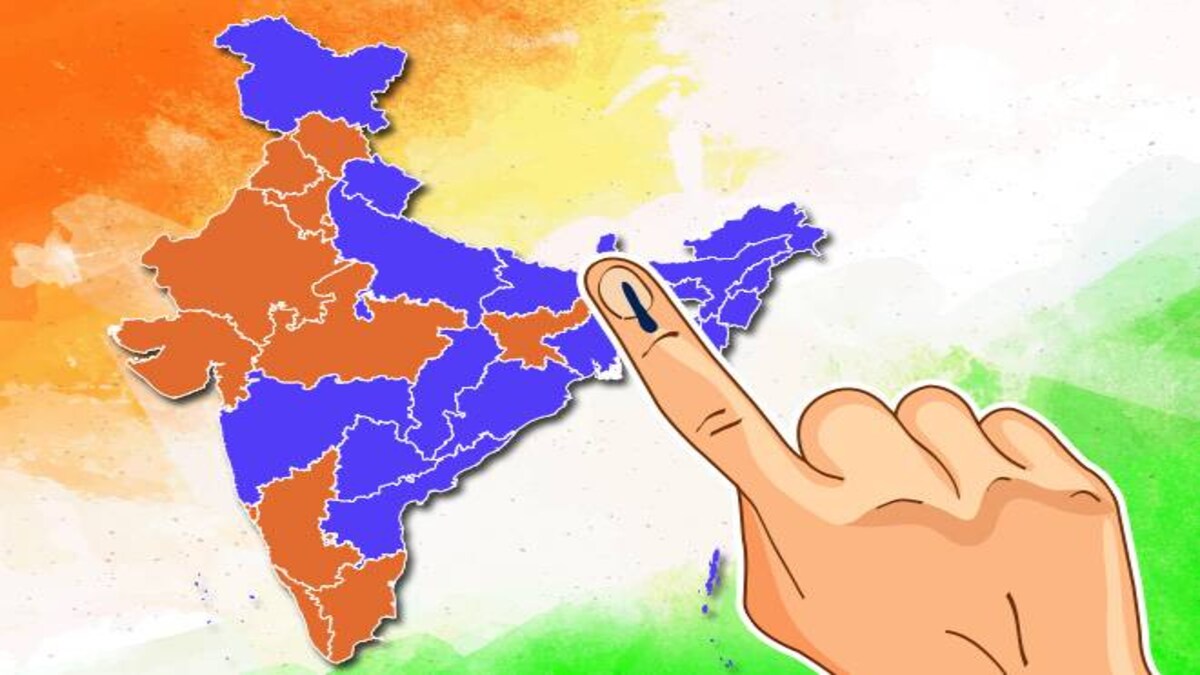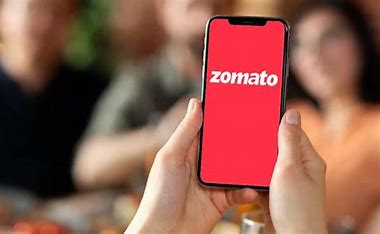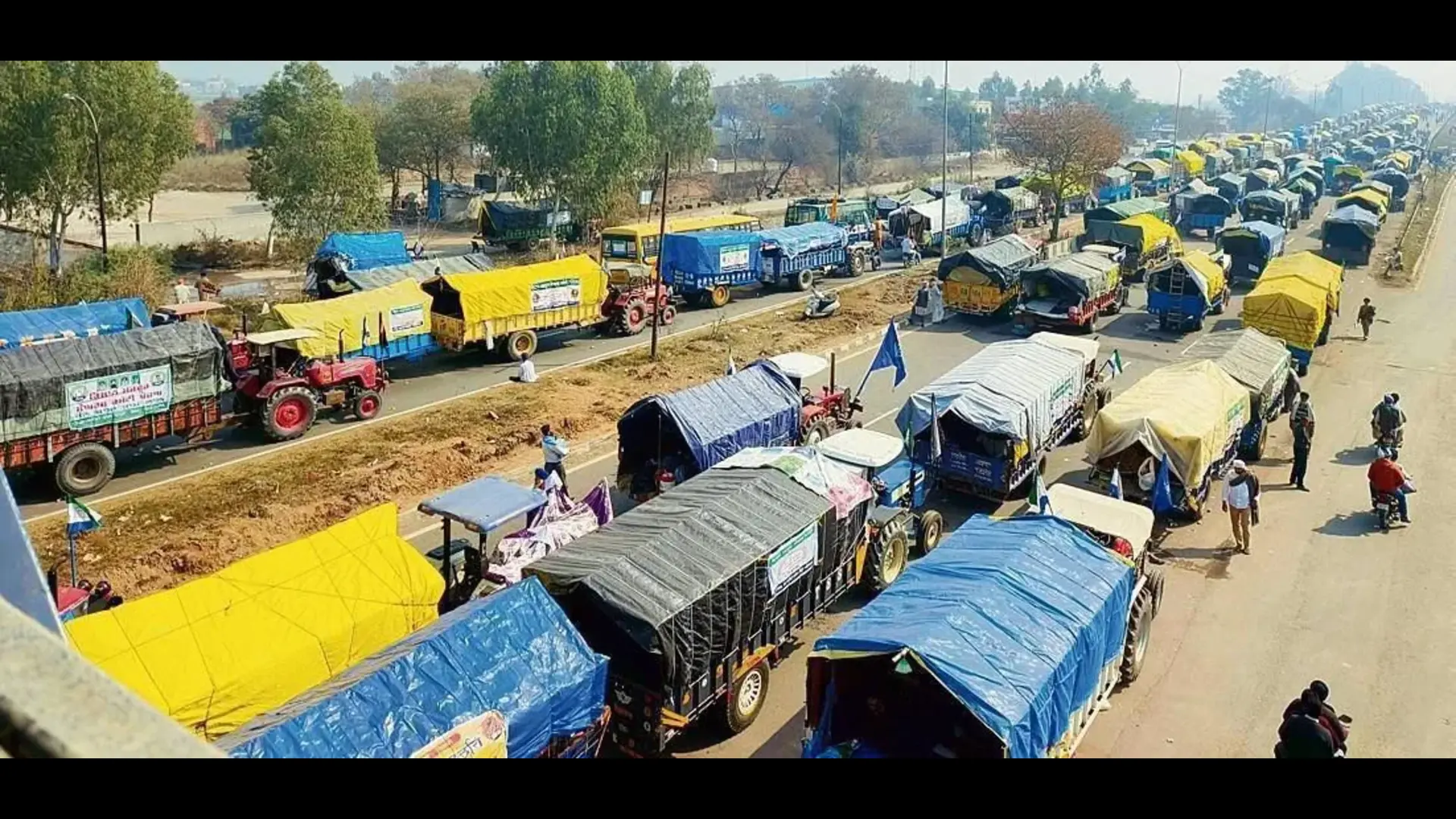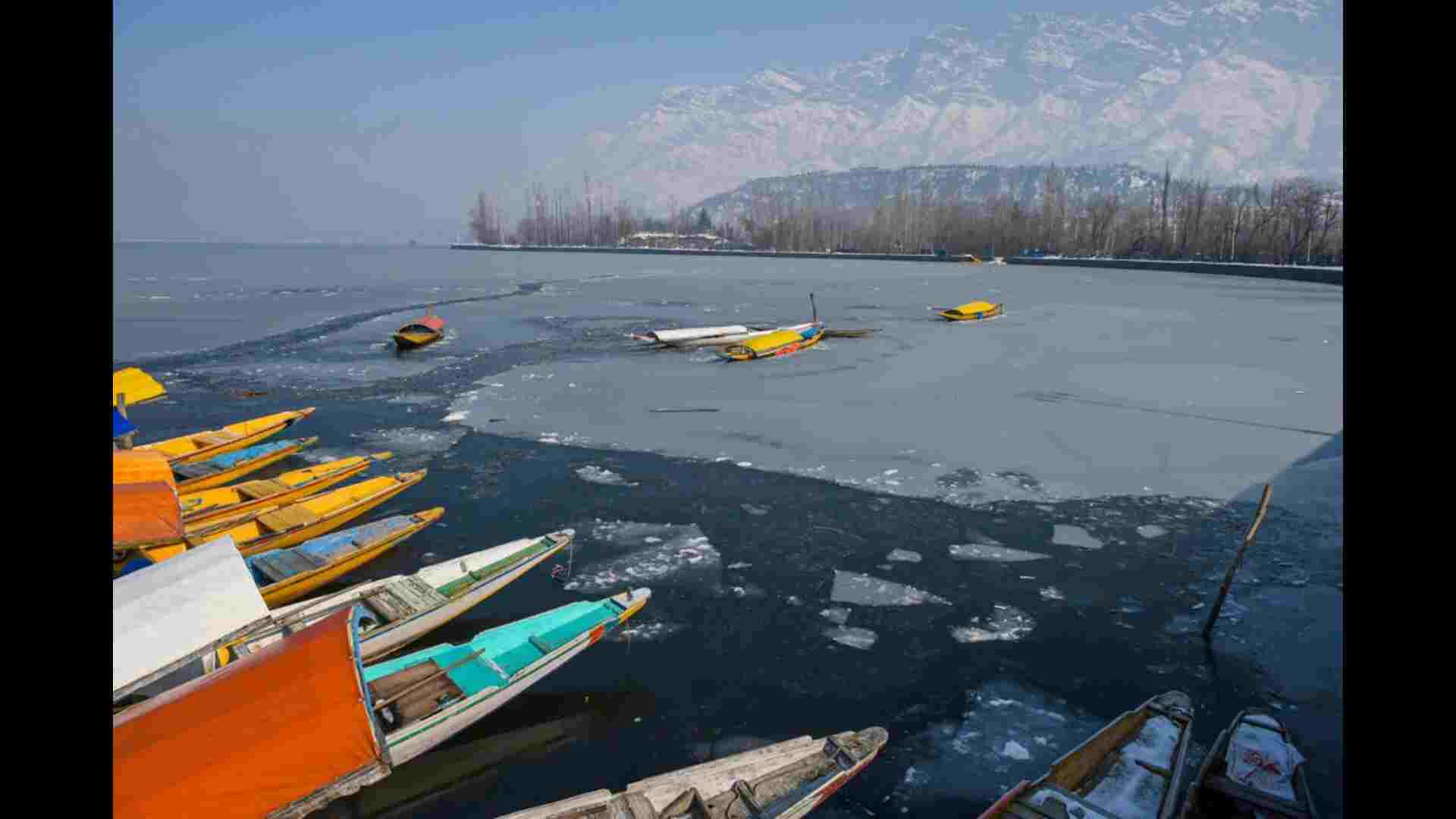The shift of political subjectivity of the marginalized social groups in rural sites of North India is towards moving from caste identity-based politics to the rise of developmental aspirations.
The democratic time never becomes homogeneous. It’s always heterogeneous. This multiple democratic time reflects in various forms of democratic consciousness in a society like India, which is diverse in its nature in many senses. These multiple levels and layers of democratic consciousness are reflected during various elections in our country. The election exhibits differences in the perception of people at various socio-economic and political levels and layers of society.
The meaning of elections may be different in educated, middle-class, urban, mobile, and dominant communities. Still, it may be a bit different among poor, marginal, and deprived communities of our country. Even among backward and Dalit communities, the socially well-off and politically aspirant section may perceive election differently than its most marginal section and social groups. During our study, ‘Democracy at the Margin’, we tried to understand the different perceptions of elections among various marginal communities in India, especially rural sites of states like Bihar and Uttar Pradesh.
We also keep doing longitudinal studies at a few rural sites to observe the various shifts in the different time frames in the meanings and perceptions of the election among the popular psyche of the rural public, especially among marginalized communities.
It is interesting to observe that most of the illiterate, marginalised landless laborers working in the field identify ‘election with merely giving vote.’ Some don’t even know the term ‘chunav’; they know the term ‘vote.’ They narrate-‘vote hoi ‘.Whenever we say- chunav aane wala hai (Elections are upcoming), some start looking at me with hollow eyes, but when I use the term -You know, vote? They said- yes..yes..’ vote aawe wala ba’-means election is approaching soon. When someone asks why you are going to give your vote? Many of them -remained silent. After asking two-three times, some of them said Sarkar Ke Liye. What sarkar means for such people-‘neta log, mantri -vidhayak’(leaders, ministers and MLAs).
A section of rural people from different caste groups in villages understand the term chunav and use it frequently during conversations. Some of them said-chunav? Yes, Modi wala chunav (Modi’s election)? yes, it is upcoming. While digging deeply into -why they are calling this election ‘Modi wala chunav’, we came to understand that this means three things, ‘Modi wala chunav’ may be for denoting a parliamentary election, not an assembly election. Secondly, the image of PM Modi may be central in the popular psyche while thinking about the election or sarkar. Thirdly, it may be that in the popular psyche, this election is going to emerge as a referendum on PM Modi, his way of governance, and his image.
During the study, we visited a few villages or hamlets in Uttar Pradesh where earlier Bahujan Samaj Party (BSP) had a stronghold and slogans like -vote se lenge PM, CM, Aarkshan se SP, DM kind of slogans (will make our PM and CM by Vote and SP DM by reservations) used to be heard in discussions about elections. The people in these hamlets perceive the election as a means to make their own chief minister and Prime minister. This ‘own’ used to be constructed by primordial identities like caste and social groups. It’s unusual to hear such meaning of elections these days in these hamlets.
The people of marginalized communities living in these hamlets now say-jo Achha kam karega , use vote diya jayega (whoever will make good work, we will vote for them). When we explored-what is achha kam for them? Most of them say Vikas (we will go for development!). What does development mean for them? Most of them opined that ‘ye jo ration, pension mil raha hai, and ye chelate rahana chahiye’(whatever food grains and pension we are getting should continue without disruptions). A section of the youths of these communities defines achha kam as desh aage badhata rahe, jaise badh raha (country should progress as it is progressing now) aur padhayi aur rojgar mile (Education and employment should be accessible). So, one can easily understand the shift of political subjectivity of the marginalized social groups in rural sites of North India. This shift is towards moving from caste identity-based politics to the rise of developmental aspirations.
It is also observed that a beneficiary consciousness has emerged among a large section of Dalit, backward, poor, and marginal people of rural India. Many see the election as an opportunity to ensure as many social support schemes from the state as possible. So, the election for them is an opportunity to elect a government that may deliver various kinds of social support and capacity-building schemes in the form of direct benefits such as pensions, rations, scholarships, free electricity, and free water, etc. Democracy is, for many of us, a higher moral sphere and abstract values; for marginal people, it is related to the delivery of existential requirements. A new discourse entered rural public aspiration from elections and sarkar: ‘ Desh ka aage badhana.’ (Country’s progress) It means that even among the marginals and poor, desh emerged as an identity indicator of their aspirations.
It is also noticeable that whenever they mention Desh ka aage badhana(coutry progress), some of them also admire PM Modi as a leader who works not for self-interest but for the nation.
So, to conclude, we may say that elections have many meanings among rural people in India, especially among marginal people. People located at various socio, economic and political awareness levels may perceive election differently. For most of marginal rural people, the Election appears as an opportunity to ensure the existential requirements of their everyday life. For them, it is not a meta-narrative, but, as Antonio Gramsci says while analysing the subaltern narrative, it is fragmented, fractured, and episodic. The parliamentary election -2024 is too close. It may appear as a site for contests, collaborations, and adjustments in these various meanings and perceptions of elections in India.






